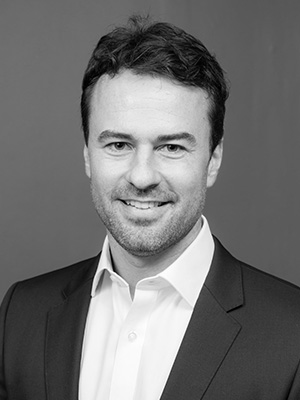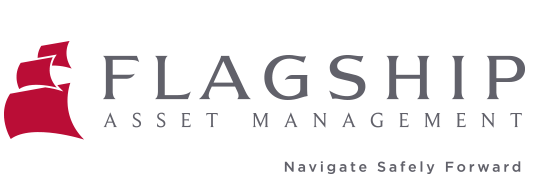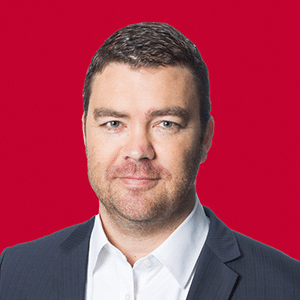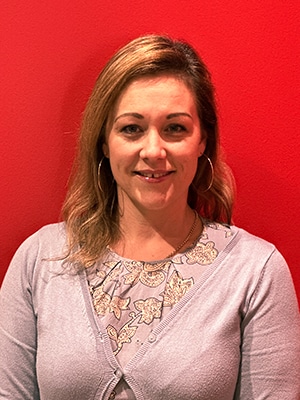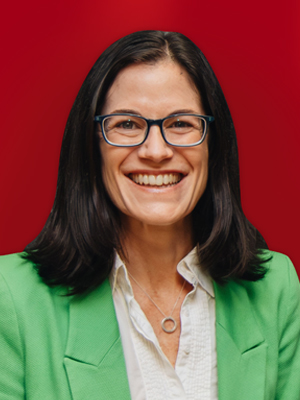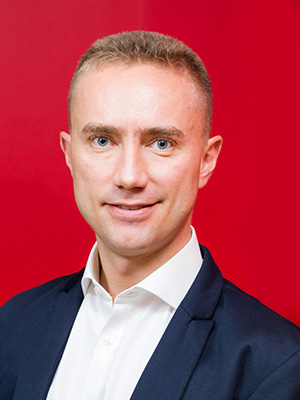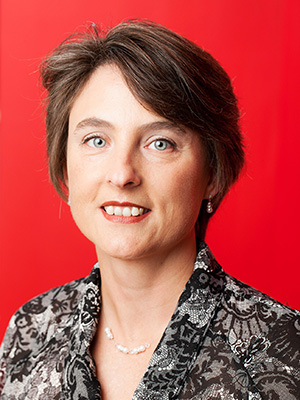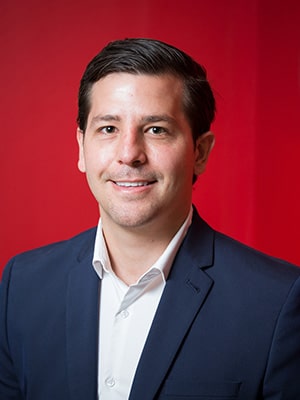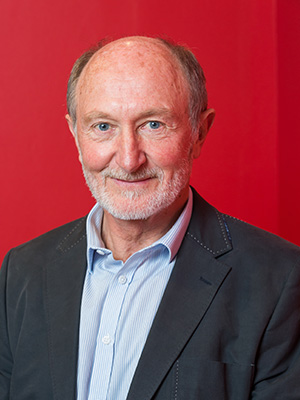
26 May Invest with your gut
By Pieter Hundersmarck
“In the stock market, the most important organ is the stomach. It’s not the brain.” – Peter Lynch
Nearly 40 years ago, on June 1, 1980, Ted Turner launched CNN, the first 24-hour news operation. At the time of CNN’s launch, American TV news was dominated by three major networks – ABC, CBS and NBC – and their nightly 30-minute broadcasts.
The 24-hour news cycle broke the mold of TV news. The definition of what is ‘newsworthy’ expanded dramatically as networks toiled to fill the additional hours. The immediacy of news dissemination multiplied as online publications, daily newsletters and social media bloomed. Sensationalism increased as networks competed for viewers.
Fast forward to today where staying informed of current affairs remains an exhausting and anxiety driven affair. We worry not only about staying informed, but whether we can fully trust the content we read. In South Africa we constantly grapple with the media negativity we are forced to absorb.
For the long-term investor, the modern media machine has created multiple opportunities to profit from the volatility that the news cycle creates.
Investing requires us to stay up to date with the investment cases of the businesses we own. Company events, such as earnings misses, unexpected news, M&A activity, restructurings and legal issues or macro events cause stocks to move – often aggressively. In the current environment, the whipsawing of global markets in the face of COVID-19 shows this most clearly.
Even if an investor can filter between noise and signal effectively, the ups and downs of the market can be severe, and large losses can affect your investing confidence. To profit from the volatility, you need a repeatable process that can guide you through the falls. This doesn’t mean applying your genius (it’s far too late to think up a new investing strategy as stocks start falling), it means having the guts to trust your process.
Put simply, you need to have the stomach for it. Not the brain.
Most people do well when they hang in there, they persevere when the news flow is dominated by seemingly confident voices that urge consensus action. Hanging in there is enough to do well. But to do exceptionally well we need to go one step further. A valuation-based approach to investing means investing more money as stocks become cheaper. This type of investing, where we know a business is trading at a steep discount although the near-term picture is dim, is how outsize returns are generated.
For example, our Flagship IP Flexible Fund of Funds has a 17-year track record of protecting and growing our investor’s capital. As at end April 2020, the Fund has delivered an annualised return of 14.5% for 17 years. R100,000 invested in 2003 would be worth over R1,000,000 today.
The fund has thrived through two periods of extreme market drawdowns: the first in 2008/9 and the second in March/April of 2020. The response of the fund in the latest drawdown is instructive:
The MSCI All Country World Index peaked on the 19th of February 2020. From then until the 23rd of March markets fell relentlessly as uncertainty and fear reigned.
The investment team made two decisions during March. The first was not to sell. Despite the fact that we didn’t know when stocks would recover, we knew that the share price declines we were seeing were far in excess of the fundamental impact that equities would endure.
The second decision was to buy more equity as the market fell. The fund’s flexible mandate meant there was spare cash available to do so, and by the time we entered April the fund had seen a considerable improvement in performance due to the timing of our purchases.
Chart 1: Protecting your investment during volatile times

Neither of these two decisions took much in the way of brains. What they did require, however, was a process to determine what was being priced into the market as it fell, and the guts to follow that process.
To use another example, Heineken Holding NV, a holding in the Flagship IP Worldwide Flexible Fund, has been a particularly rocky ride for our investors in 2020. The lockdown has caused enormous turmoil to social and sporting occasions that Heineken relies on, and as a result the stock has fallen nearly 30% year to date. However, our view is that Heineken is not worth 70% of what it was prior to COVID, and that a relaxing of lockdowns and a return to social behaviour – albeit more controlled – will see the share appreciate. The Fund bought large sums in March and continued to buy as the share fell further in to April, and we believe our investors are the better for it.
Buying when the news looks dire is not easy – it demands intestinal fortitude. The question is: Are you ready – do you have the stomach for this? It’s a question of your tolerance for pain.
Investing in equities means you need to have the stomach to ride out the volatility, and apply capital when the night is darkest. Above all, it requires the faith that 10 years, 20 years from now, stocks are the place to be. If the answer to the above question is yes, and you feel you can handle the volatility, you should have money in the market. If not, then lower risk (and lower return) options should be considered.
https://www.linkedin.com/pulse/invest-your-gut-pieter-hundersmarck/
Pieter is a co-portfolio manager of Flagship Asset Management’s global funds.
